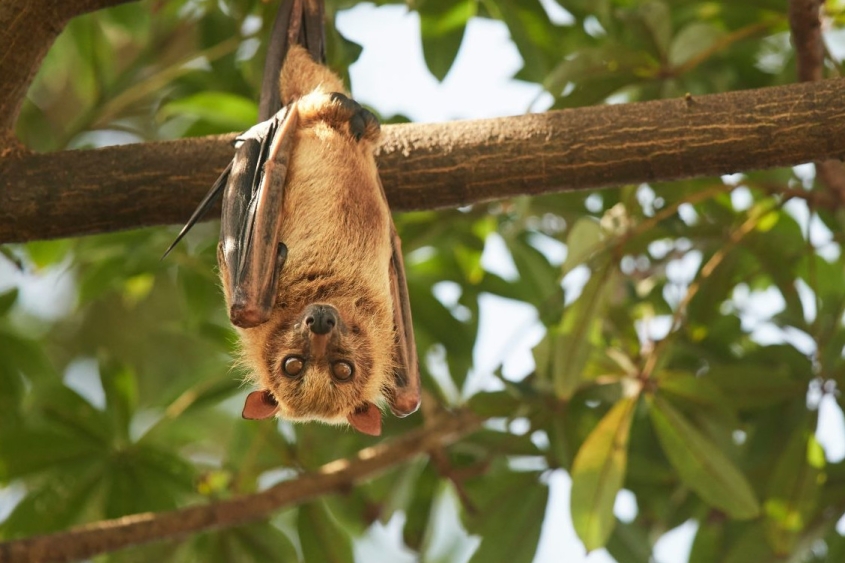Fostering One Health and Sustainability
The Department of Public and Ecosystem Health, the Cornell K. Lisa Yang Center for Wildlife Health, in collaboration with the Cornell Atkinson Center for Sustainability, and the college’s participation in Cornell’s 2030 Project provide the framework for immense positive impact on the intersection of animal, human and environmental health. As the human population grows, we must create and use more sustainable and healthier food systems and reduce the risks of zoonotic pathogen spillover without further compromising the health of the planet or future generations. In the face of biodiversity loss and climate change, we must build resilience to prevent destruction, injury and death, and prioritize proactive interventions. With diversity of expertise, partnerships and transdisciplinary collaborations, the college can address the pressing issues of climate change, environmental degradation, emerging diseases, poverty and biodiversity loss by the following goals:
Increase CVM and partner capacity in community-engaged public health
- Create a Health Impacts Core to administer external training and performance of practice-based services.
- Develop an academic health department relationship with Tompkins County Whole Health (formerly the Tompkins County Health Department); provide service to N.Y.S. and county health departments.
- Assist communities and policymakers in understanding and addressing the interdependence of human, ecosystem and animal health, and enhance capacity to design and implement interventions that preserve or restore those systems.
Pursue a systems approach to prevent, diagnose and control infectious disease
- Strengthen existing internal infrastructure, including the AHDC’s Duck Research Laboratory, avian/aquatic diagnostics, and develop a launch point for marine mammal work with the New York State Department of Environmental Conservation.
- Prevent emerging infectious disease through research and education focusing on disease ecology at the interface of terrestrial and aquatic wildlife, land use, climate change, food systems, and domestic animal and human health.
Create and promote sustainable and healthy food systems
- Grow research and teaching in aquaculture and related disciplines by hiring three faculty over the next five years with expertise in fish disease, aquaculture production and aquatic ecosystems.
- Use the Dairy Center of Excellence and our work with the Cornell Institute for Digital Agriculture to promote work in dairy systems and human health, specifically faculty working in life-cycle analysis, dairy system economics and sustainable farming systems.
Conserve biodiversity and promote wildlife health
- Develop joint livelihood-conservation initiatives in low-income countries focused on mitigating health threats to endangered wildlife.
- Improve detection and diagnosis of wildlife diseases through the use of new tools including wildlife vaccines and pathology capabilities, and modern data analytic tools.



